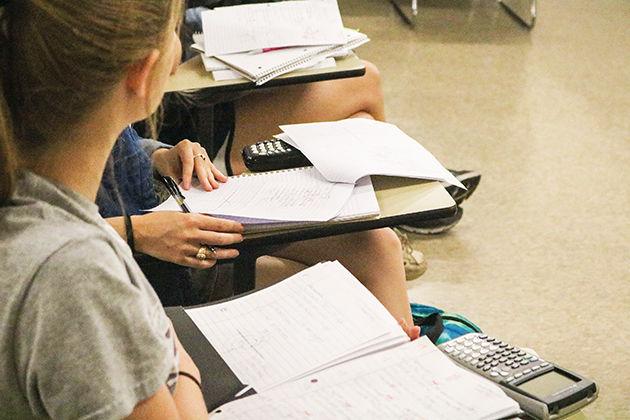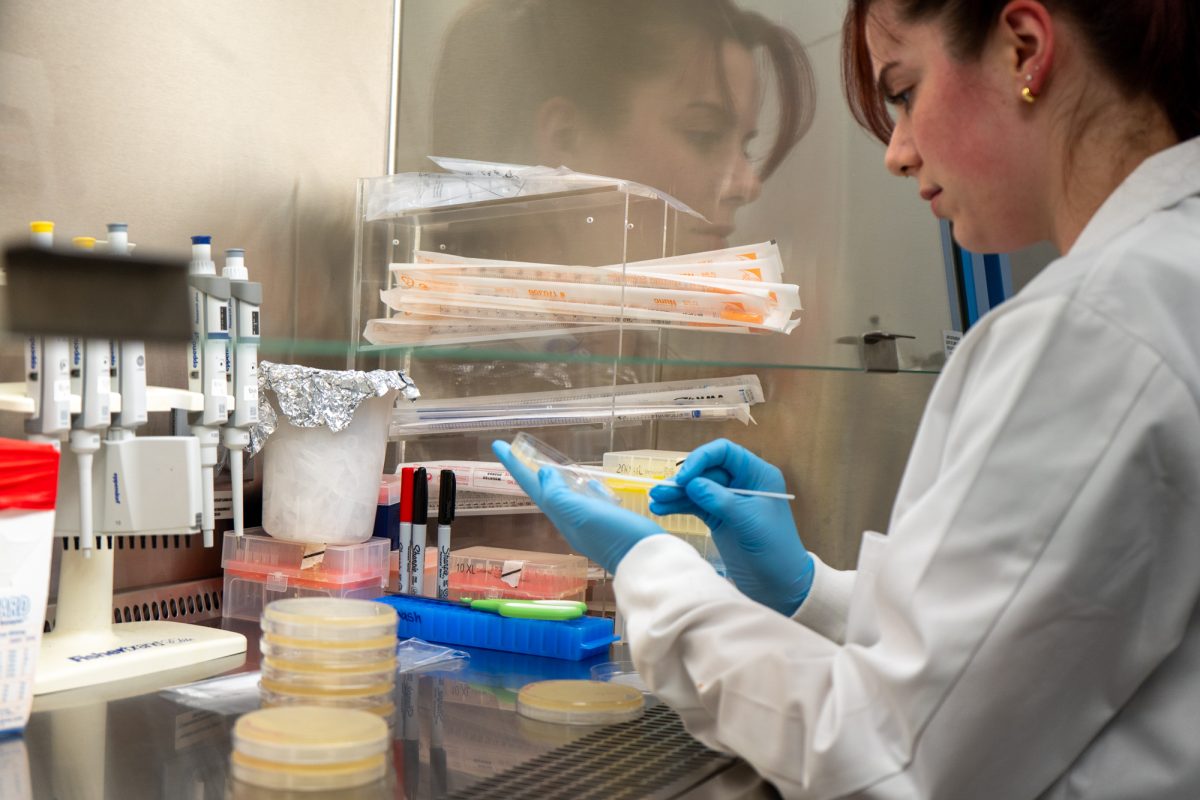Texas A&M’s success in preparing new crops of science and math teachers turns heads even among other teacher-education institutions — a response that will likely continue as A&M takes its first step forward with a national group aimed at increasing such numbers.
Timothy Scott, associate dean at the College of Science, represented Texas A&M at a mid-March meeting for 49 new members of 100Kin10, a national network of organizations that hopes to bring 100,000 science, technology, engineering and math — STEM — teachers into the workforce by 2021. A&M joined the group in February, and plans are underway across the colleges of science, engineering and education to prepare and retain more STEM teachers to help meet the national goal.
Scott said the March meeting, which took place in New York, was largely a way for new partners to identify education areas where they could serve as leaders, or where they needed the most help.
Other partners were amazed, Scott said, not only at the numbers of teachers A&M is able to produce, but with the way an Aggie STEM teacher program mentors student teachers after they graduate.
“They were flabbergasted at the amount of teachers we were already training at all levels, but especially in math and science,” Scott said.
AggieTEACH is a partnership between the A&M College of Science and College of Education and Human Development that gives students a minor in education along with their science degree. Its mentoring and induction program gives graduates classroom support for three years after graduation.
Support through the program includes regional coaches, who offer one-on-one mentoring and classroom feedback, and a private website with resources on classroom management and first-year teaching advice.
Scott said the results of the mentoring program are impressive. Eighty-eight percent of AggieTEACH graduates have remained teachers within the three years since the program began, compared to a roughly 50-percent national retention rate for a teacher’s first five years.
“[100Kin10 leadership] were most excited to see what they could learn from this, and if they could spotlight us in some of their future conferences,” Scott said.
Laura Wilding, AggieTEACH program assistant, helped design the mentoring and induction program before it began in 2014. Wilding said there are five regional coaches, including herself, who mentor recent AggieTEACH graduates across Texas and in other states.
“Regional coaches provide support where the school districts are lacking,” Wilding said. “By law school districts are supposed to provide mentoring, but some ‘talk the talk’ but don’t ‘walk the walk’ and that’s where we step in and try to fill that gap.”
Wilding said the mentoring program is offered to 140 beginning teachers with up to five years of experience, with a focus on the 39 first-year teachers who completed AggieTEACH and who are now teaching secondary math and science.
Wilding said besides questions on how to connect with students and run the classroom, as a mentor she most often hears questions of a different nature from first-time educators.
“A lot of times it’s encouragement,” Wilding said. “The first year of teaching is really rough, so it’s that emotional support. A shoulder to cry on and a steady ear to listen with.”








